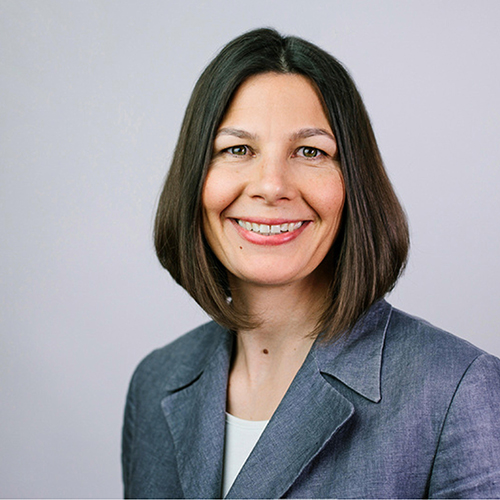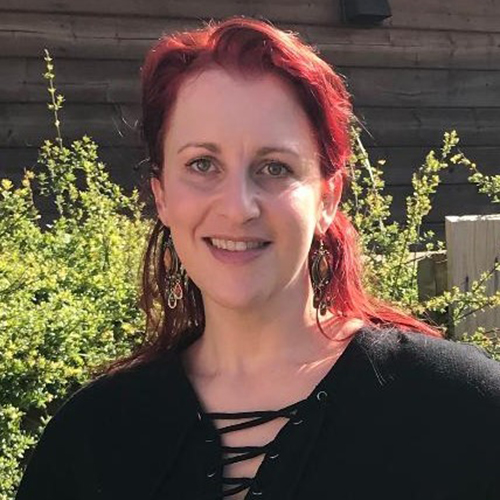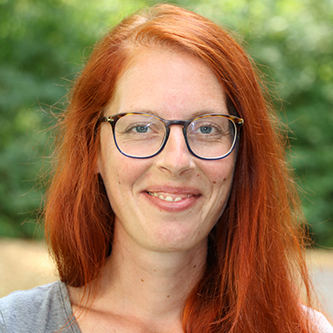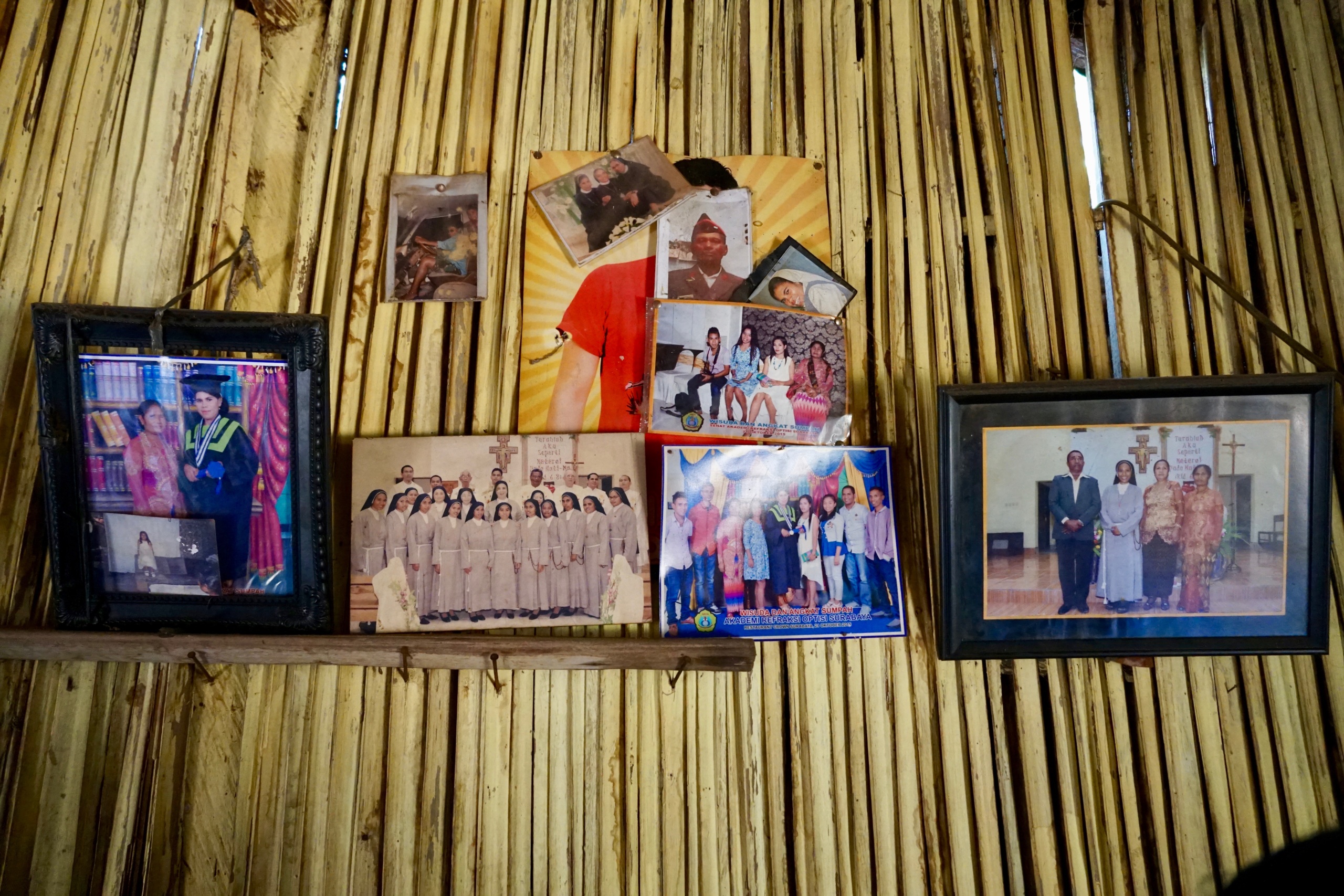Panel 1 – Doing Family
21.10.2020 | 15:30 – 17:30 (CET)
Discussant: DORA SAMPAIO
(MPI for the Study of Religious and Ethnic Diversity, Göttingen)

Zoë Jordan
PhD Candidate at Oxford Brookes University, Oxford, UK
"We have to be stuck together": Sudanese refugee men’s hosting relationships in urban Amman, Jordan
Abstract: Male, Sudanese experiences of refugee-hood and displacement in Amman, Jordan are characterised by the exclusions of state and international humanitarian response bureaucracies. These exclusions are compounded by pervasive racial discrimination and violence by the state, international aid system, and local communities. In this paper, I explore how non-related Sudanese refugee men create and experience hosting relationships as a response to the multiple exclusions they face in Amman. Through everyday acts of hosting each other, the men create spaces of safety within the uncertain and hostile context of black, male, non-Syrian refugee-hood in Jordan.
Hosting at the household level is typically depicted as a response to economic need, dependent on the hospitality and generosity of family networks (Brookings-LSE, 2013; UN-Habitat, 2013; UN-Habitat and UNHCR, 2014). In contrast, my work with Sudanese men in Jordan shows that hosting relationships are better understood as a dynamic response to the everyday realities of forced migration, with ramifications far beyond meeting basic needs. Challenging existing literature, the men’s hosting relationships were not based on family and kin networks, but rather on a situated and specific ethics of care developed through shared understanding and experiences of displacement.
Refugee hosting is an important and overlooked component of how refugees negotiate the shifting here and now of displacement. In this paper I first discuss why the men create hosting arrangements, in relation to the specific bureaucratic structures they encounter. I highlight the importance of such personal and meaningful relationships on their experiences of displacement, but also the ways in which these relationships shift in response to the ever- changing realities of displacement in Amman. I then elaborate on the non-kinship basis of these relations, the acts through which they are created, and the (re)configuration of roles and relationships within the new social settings of urban displacement and hosting relationships.

Monika Palmberger
Research Fellow at University of Vienna, Vienna, Austria
Negotiating the Here and Now through New Communication Media
Abstract: In this paper, the discussion of the here and now in forced migration is coupled with a discussion of place and (im)mobility and the role of new media therein. As I learned from my research[1] with refugees who recently settled in Austria, the here and now is closely connected with the presence of loved ones who are geographically far away. Thus I will explore the specific meanings of as well as practices and strategies involving new Information and Communication Technologies to remain close to family and friends abroad and how they eventually become “media of care”. The Internet with its various opportunities has changed not only perceptions of place, distance and connectivity but also understandings and practices of sociality and relationships. Based on ethnographic research in Vienna and with the help of “digital diaries” as a research method, I explore how refugees from Syria, Afghanistan and Iraq maintain intimate relations with family and friends not only over geographical distances but also when separated for an unforeseen period of time. Considering this specific situation, new communication media – as the core means of “doing family” and of “doing friendship” over distances – gain a specific momentum in refugees’ lives. I will examine how these communication technologies with their limits and restrictions are adopted for continued informal care relations and emotional support across distances. With this paper I wish to draw attention to the crucial role new media play in the experiences of the here and now of forced migrants.
___________
[1] This paper is based on a three-year research project “REFUGEeICT – Multi-local Care and the Use of Information and Communication Technologies Among Refugees” funded by the Austrian Science Fund.

Amanda Lubit
‘Can I be your sister?’: Relationships between women asylum seekers as re-imagined family in Belfast, Northern Ireland
Abstract: Fleeing violence in Somalia, Hani was unexpectedly separated from her husband, children and extended family. Her fourteen-year journey to refugee status in the United Kingdom was marked by racist and Islamophobic attacks, repeated detention in Immigration Removal Centres, and the government’s repeated refusal to return her to Somalia. Over the years following her displacement, she formed significant connections with other refugee and asylum-seeking women which shifted her concept of family. Although still in contact with her Somali family, Hani formed deep non-biological bonds with other migrants. Hani’s story simultaneously demonstrates the disruptive impacts of the asylum process and the role of meaningful relationships in managing those impacts.
Based on a 16-month ethnography with asylum seekers and refugees in Belfast, I used participant observation, interviews and focus groups to examine migrant and women-only spaces, events, and organizations that support refugees and asylum seekers. Relationships form between migrant women based on shared identity and experience, with characteristics such as language, homeland, gender, religion, class and age intersecting. The formation of community groups facilitates these mutually supportive relationships, bringing migrants together in a shared space of place-making in their new country. Migrant women in Belfast also benefit from women-only spaces that provide childcare to enable opportunities for socialization.

Nele Wolter
Doctoral Fellow at the research group ‘Aging in a Time of Mobility’, Max Planck Institute for the Study of Religious and Ethnic Diversity, Göttingen | Johannes Gutenberg University, Mainz
"We are together": Disrupt, Marginalization and Solidarity among Internally Displaced Cameroonian Families
Abstract: As separatists and soldiers fight each other on the Anglophone terrain in Cameroon for more than three years now, thousands of families have left the area to seek refuge in the Francophone part of the country in the meantime. Whereas some people hide in the forests, the majority of the displaced migrates from rural to urban areas where they seek not only security but also economic re-establishment. While trying to making a living in their ‘temporary homes’, many of them encounter challenges of settling down in a new environment on a daily basis.
Drawing from research in Bafoussam, the capital of the Francophone West region, this paper provides insight into the everyday lives of internally displaced Cameroonians (IDP) that escape the ongoing violent conflict form the Anglophone North West and South West regions. After arriving in the city, many of the displaced families find themselves in situations that require a reconfiguration of their former lives. The research project focuses on the complex everyday life and struggles that the IDPs are facing and looks at how people use their old social networks and, at the same time, build new ones to improvise their pending lives in this unfamiliar setting. It is discussed how the internally displaced experience this state of uncertainty that is marked by social inequality and marginality, but simultaneously evolves new forms of solidarity among the displaced. Furthermore, the project aims at highlighting the socio-economic capabilities and creative practices that people develop when confronted with a makeshift future and the fact that they do not know if they will be able to return to heir homeland.
